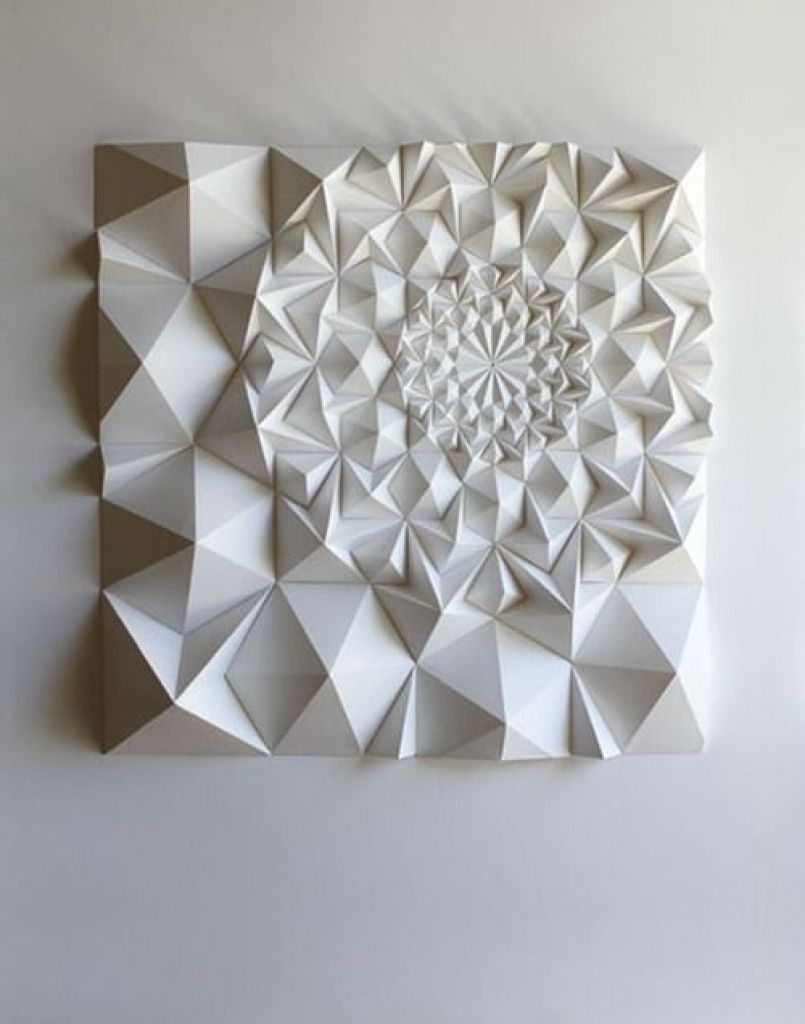

They detail in the report how the airport journey and air travel experience will be 'revolutionised by technological advances', explaining that the biometric heartbeat passport system would see passengers' heartbeat signatures and biometric details logged on a global system 'in the same way finger-print scanning technology works today'.īy 2070 passengers' heartbeat signatures and biometric details will be logged on a global system, making the journey through an airport seamlessĮrgonomic and biomimetic 'sensory' plane seats will become the norm, it's revealed, with smart materials not only adapting to passengers' body shapes, but also their height, weight and temperature, to provide 'the ultimate tailored comfort flying experience'. The report's authors include Professor Birgitte Andersen of Birkbeck, University of London and CEO of Big Innovation Centre Dr Melissa Sterry, design scientist and complex systems theorist and renowned futurists Shivvy Jervis and Dr Patrick Dixon, as well as Director of Transport Systems at Cranfield University, Professor Graham Braithwaite, and Nikhil Sachdeva, Principal for aerospace and defence and sustainable aviation at consultancy Roland Berger. It's just one of the many astonishing revelations in the easyJet 2070 Future Travel Report, which presents a vision of how we will travel and enjoy our holidays in 50 years' time, with printed hotel buffets and 'smart' plane seats that adapt to the shape of the passenger also on the horizon. That's because according to leading futurists and scientists, 'biometric heartbeat passports' will replace traditional passports, with travellers' unique cardiac signatures being read as a form of ID. In the future, passengers will whizz through passport control in a heartbeat.


 0 kommentar(er)
0 kommentar(er)
